On 13 December, Sudanese teacher and activist Jalila Khamis Koko was officially charged on five criminal counts. She faces the death penalty. The charges come after Jalila has been detained, without charge, for over nine months.
Jalila Khamis Koko was formally charged with five criminal counts on 13 December. Two charges fall under the category of crimes against the state, and carry the death penalty, in accordance with Sudan’s 1991 Criminal Code: “undermining the constitutional system” (article 50) and “waging war against the state” (article 51). The other charges are: ”participation in the execution of a criminal conspiracy” (article 21), “exiting hatred against sects or between them” (article 64) and “publication of false news” (article 66). Her next court date is scheduled for 18 December.
Shortly after being charged, she was transferred to the Khartoum north courts. Jalila Khamis Koko had previously been held in prolonged administrative detention under the authority of the prosecutor in charge of crimes against the state. She was arrested on 15 March 2012, and spent the first three months in solitary confinement in the National Security Service (NSS) detention centre. During this time, her physical health has considerably deteriorated.
Jalila Khamis Koko is a member of the opposition party Sudan Peoples’ Liberation Movement – North (SPLM-N), which was banned by the Government of Sudan in September 2011. She is a member of the Nuba ethnic group from Southern Kordofan. The detention of Jalila Khamis Koko appears to be part of a pattern of detention of SPLM-N activists and intellectuals, as well as of people of Nuba descent.
Amnesty International considers Jalila Khamis Koko to be a prisoner of conscience, held solely for her humanitarian work and for the peaceful expression of her views.
Please write immediately in Arabic, English or your own language:
- Urging the authorities to release Jalila Khamis Koko immediately and unconditionally;
- Urging the authorities to drop all charges against Jalila Khamis Koko;
- Calling on the authorities to ensure Jalila Khamis Koko is not tortured or otherwise ill-treated;
- Calling on the authorities to allow Jalila Khamis Koko access to her lawyers and family;
- Calling on the authorities to stop harassment and intimidation of SPLM-N activists and intellectuals, as well as people of Nuba descent.
PLEASE SEND APPEALS BEFORE 25 JANUARY 2013 TO:
President
HE Omar Hassan Ahmad al-Bashir
Office of the President
People’s Palace
PO Box 281
Khartoum
Sudan
Fax: +249 183 782 541 (keep trying)
Salutation: Your Excellency
Minister of Justice
Mohammed Bushara Dousa
Ministry of Justice,
PO Box 302
Al Nil Avenue
Khartoum
Sudan
Salutation: Your Excellency
And copies to:
Minister of Interior
Ibrahim Mohamed Hamed
Ministry of Interior
PO Box 873
Khartoum
Sudan
Also send copies to diplomatic representatives accredited to your country. Please insert local diplomatic addresses below:
Additional Information
In June 2011, conflict broke out in the state of Southern Kordofan between government forces and the Sudan People’s Liberation Army – North, the military wing of the SPLM-N. Fighting expanded to the state of Blue Nile in September 2011. Indiscriminate aerial bombardments by the Sudanese Armed Forces on SPLM-N controlled areas, coupled with the blocking of humanitarian assistance to the conflict-affected areas since the conflict began, has led to deaths and injuries of civilians, looting and destruction of property, tens of thousands of people driven from their homes, and over 200,000 refugees in Ethiopia and South Sudan.
The Sudanese authorities have arrested numerous real or perceived SPLM-N activists across the country since the conflict began in Southern Kordofan and Blue Nile. Many have been detained on the basis of their ethnicity, often without charge, and without access to lawyers or their families.
Before she was arrested, Jalila Khamis Koko had been volunteering to provide humanitarian support to people who had fled their homes in Southern Kordofan. In June 2011, she appeared in a Youtube video in which she denounced the conditions in conflict-affected areas of Southern Kordofan and called for a ceasefire.
The 2010 National Security Act provides the NSS powers to search and seize assets and to arrest and detain people for up to four and a half months without judicial oversight. Under the same act, NSS agents are provided with immunity from prosecution for any act committed in the course of their work. The provisions in the Act do not ensure that detainees held by the NSS have access to judicial review and other human rights. It does not comply with international norms of fair trial and other human rights standards.

